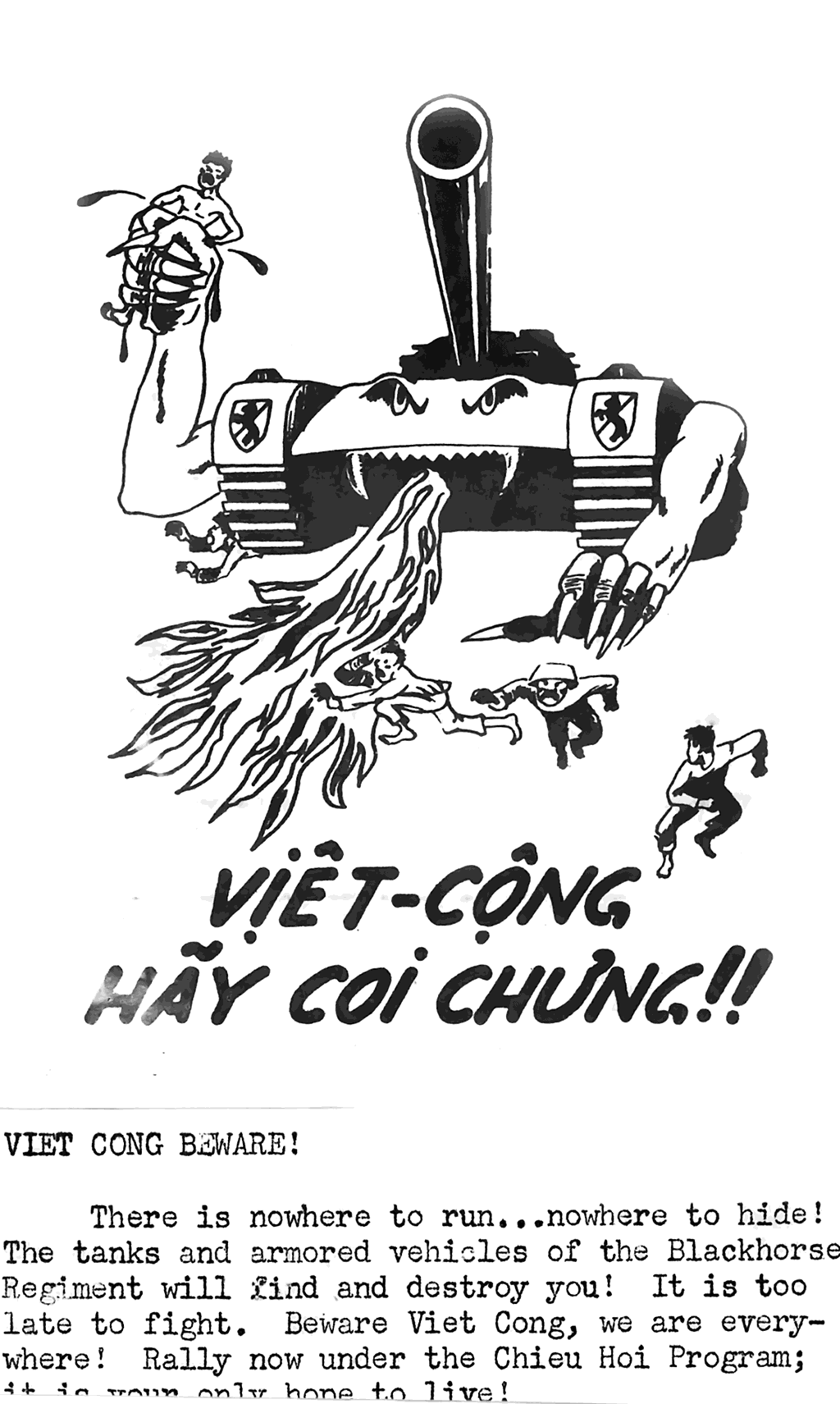
The dilemma of Syria’s Alawites, many of whom dislike Assad for drawing Syria into the destructive civil war, but fear the consequences of the defeat of the regime. Contrary to popular foreign perceptions, among poorer Alawites support for the regime is reportedly “fairly limited and largely transactional”.
Scott C. Monje runs down the complicated, often divided Syrian opposition, and David Axe profiles a rebel commander who rescues stray cats abandoned in Syria’s war zones.
Jordan’s rural poor chafe under the burden of hosting Syrian refugees.
Will McCants looks at a new fund aimed at countering violent extremism, efforts that are which are “notoriously ill-defined and under-resourced.”
In Afghanistan, Jason Lyall passes along news of a recent attack by the “increasingly active” Hizb-i-Islami Afghanistan.
The US military steps up its African counter-terror strategy by preparing soldiers for hundreds of upcoming missions to “help Africans solve African problems” by training and advising allied militaries (via Max Ehrenfreund). NATO has agreed to advise Libyan security forces, and Stars and Stripes has more on Pentagon dollars flowing into Africa (via Small Wars Journal).
Elina Schroder looks at the “abandonment and activism” of women in Kyrgyzstan in the wake of the June 2010 conflict.
Citing the body’s inaction in Syria and Palestine, Saudi Arabia surprisingly announced that it is rejecting a non-permanent seat on the UN Security Council. The Saudi Foreign Ministry denounced the Council in harsh terms, saying that it has allowed “the ruling regime in Syria to kill its people and burn them with chemical weapons in front of the entire world and without any deterrent or punishment.” Observers are puzzled by the decision to forgo the seat, which Saudi Arabia has campaigned for. The CSM editorial board writes that the move may be “more a cry for help than a serious challenge to the UN” and others termed the decision “pointless theatrics” or “a ridiculous and ineffectual stunt.” UN watcher Hayes Brown notes that the traditional US ally’s absence “will also make it that much harder for the United States and other Western countries to gather nine votes on any given issue,” and elsewhere Saudi Arabia “appears to be digging in to oppose the trend” towards diplomacy in Syria.
China’s arms industry makes global inroads, challenging traditional top high-tech arms exporters like France and the UK.
Death and corruption: Organized crime and local government in Mexico.







0 comments
Eric Voeten at the Monkey Cage suggests that the Saudis may have decided that they don’t want to be in the position of having to take public stances for or against certain U.S. policies. There are things that they’ll support behind the scenes but not in public.
P.S., Thanks for the link!